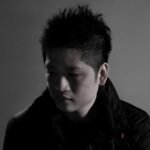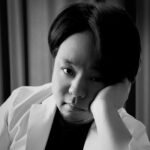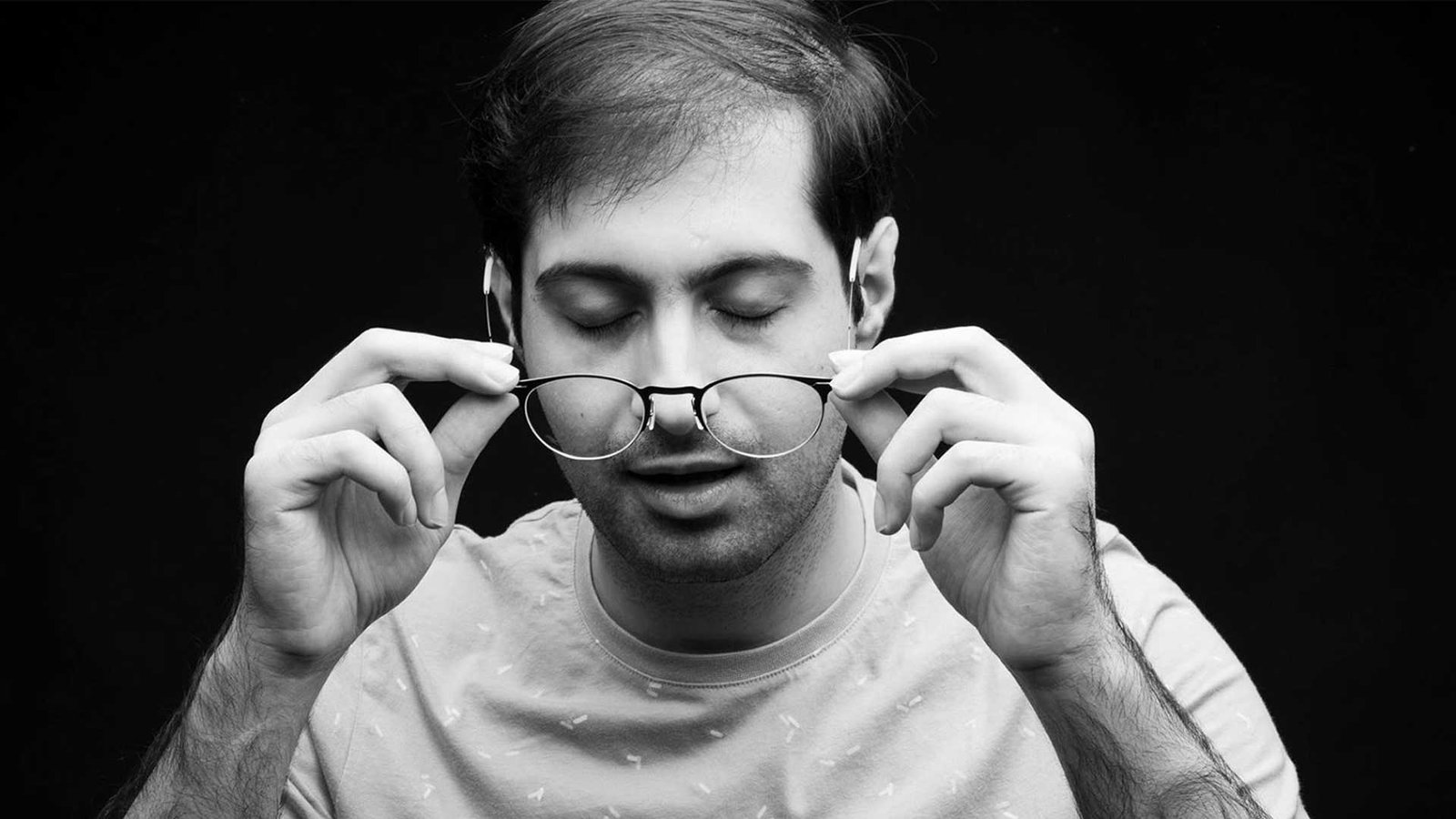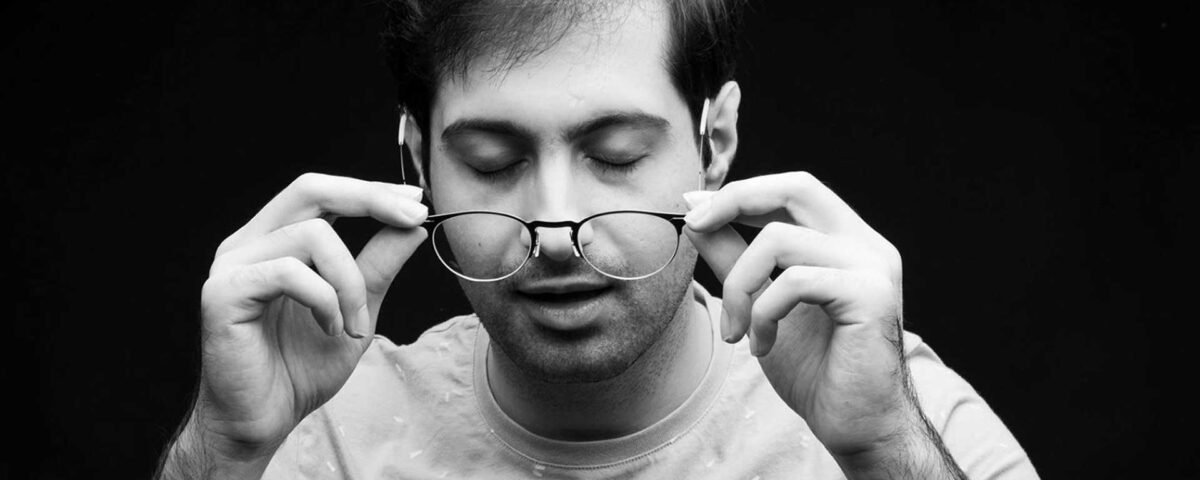
How Marco Huang is Turning Light Into Stories with Holograms at Fungs Design
July 17, 2025
Nature in Focus: Exploring the Wild with Yushi Kaisyakuji
July 17, 2025
Rudransh Nagi | MUSE Photography Awards
Rudransh Nagi
Rudransh Nagi was expected to follow the family business until a brief view of Saturn and Jupiter through a telescope sparked his passion for photography. That moment led him to discover astrophotography and a new way of seeing the world.
Thank you for this lovely award. Thank you to MUSE and the jury for selecting my work. I call myself an accidental photographer because, knowing my family history since the 1780s, not a single person from my family has gone on to become a photographer or work in any art field. I was destined to join the family business, so there was no reference or guidance for me—no one to inspire me or even own a camera.
But it was a cosmic sight that made me a photographer. During a school trip in 2007 to a nearby astronomy observatory, we were allowed to look at Saturn and Jupiter through a telescope for only five seconds. That remains the most impressive image I have ever seen. Curious, I started searching on Google and found an article about astrophotography, where I realized that photography can be more than just weddings, which is the norm here. Those rotating Saturn rings, Jupiter, and their moons saved and changed my life, leading me to this moment.
This award is very special for many reasons. As I mentioned, without any fallback or guidance, I navigated photography on my own. It took over ten years of constant failure to hone my craft. I came incredibly close to giving up multiple times, as recently as 2022. Building a compelling story that resonates and makes people think is a long, slow process, requiring you to restart and redirect yourself over time to properly convey your message.
It brings me great joy that this important series on religion—which can be a dangerous and even life-threatening subject where I am from—has been recognized. I am glad it managed to touch the jury’s heart. This is my first documentary project to be acknowledged, so it means a lot to me and will always be special.
I let the story choose the photos for me—focusing on the message I want to convey and what best supports it. The photos should complement the story properly. Sometimes an image is excellent but doesn’t fit well with the narrative of the documentary series. After shooting, I let the images sit for a couple of days.
I don’t look at or think about them during this time. Once the recency bias fades, I start viewing them in sequence and print small passport-size photos to see how they look together in print. That’s when the final selection happens.
It is difficult for me to pick just one genre of photography because I absolutely love them all. But if I had to choose, it would be documentary photography. I love telling stories and spending time with the subject or topic to see how it develops.
The ongoing process of finding ways to improve a series is immensely satisfying. However, I also enjoy and work in fashion, conceptual, product, architecture, and studio photography equally.
The most challenging part is the subject, especially in a highly religious country. If you criticize those who claim to be protectors of a certain religion, the situation can become volatile. I knew beforehand what could happen to me while working on this project.
In a way, I have accepted that fact. Although this project does not question the religion itself but only the people, it can easily be misunderstood and twisted.
Mr. Raghu Rai has been the single most influential person in photography. His photography and storytelling of everyday life are uniquely his own.
Even when covering heartbreaking subjects like famine and the Bhopal Gas Tragedy or iconic figures like the Dalai Lama, Mother Teresa, and Indira Gandhi, his images retain a grounded rawness that connects you deeply to his storytelling. For me, he is one of the best photographers in the world.
Do not give away your copyright or raw files!
It might be an unpopular opinion, but I suggest giving your all—100% and more—to this craft. Part-time does not work. Photography is fun, challenging, satisfying, frustrating, loving, hating, dangerous, safe, exciting, and boring—all at once. You need to fully dedicate yourself.
Most photographers, including myself, will struggle financially. Money should not be your main reason for pursuing photography. Above all, respect and be professional with the people you work with. Especially in the commercial world, clients can be challenging and demanding, but you must maintain your professionalism.
It can and likely will pose a danger to many fields, not just photography. This is a challenge we will have to navigate and overcome. Painting adapted to the arrival of photography. Photography is now overtaking videography. I may be unrealistically optimistic, but I believe photography will always maintain its relevance and carve out its own niche.
There are real-world events and stories that AI, at least for now, cannot replicate. It lacks the rawness of presence—the human experience of witnessing and telling a story for other humans. Still, only time will tell.
I’ll cheat a little and tell you about a project that has several names. I want to take environmental portraits of people who have inspired me throughout my life and helped shape who I am today. This includes my school teachers, Raghu Rai, Raveesh Kumar, Stephen Fry, Ricky Gervais, Jane Goodall, Richard Dawkins, President Barack Obama, Bill Maher, Darcy Padilla, Lawrence Krauss, Neil deGrasse Tyson, Maia Flore, among others.
So, if anyone reading this knows any of them, please contact me. It would be an honor to photograph them. I’d love to explain the project in more detail and possibly take their portrait.
Rudransh Nagi
Rudransh Nagi was expected to follow the family business until a brief view of Saturn and Jupiter through a telescope sparked his passion for photography. That moment led him to discover astrophotography and a new way of seeing the world.
Explore the journey of Daniel Gilpin, the Platinum Winner of the 2025 MUSE Photography Awards. He explores vulnerability, identity, and the balance between strength and stillness, capturing raw, fleeting moments to create images that feel deeply human.




